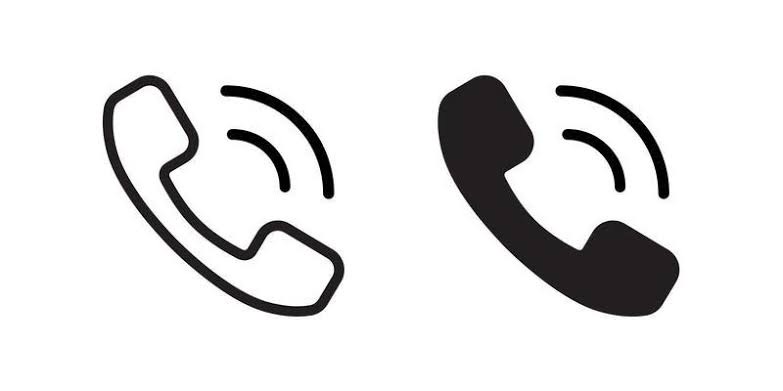Self-harm, often used as a way to cope with overwhelming emotions or stress, can become a dangerous cycle. It’s a sign of deep emotional pain, and while it may offer temporary relief, it doesn’t address the underlying issues. Breaking free from self-harm is challenging but possible. Here are some ways to cope and find support, along with helplines that can provide immediate assistance.
1. Understand Why Self-Harm Happens
Self-harm can occur for many reasons: to release emotional pain, gain a sense of control, or as a response to feelings of numbness. Recognizing why you’re engaging in self-harm can be the first step toward finding healthier coping mechanisms.
2. Reach Out for Help
You don’t have to go through this alone. Speaking to a trusted friend, family member, or mental health professional can provide relief and help you find ways to manage difficult emotions. A therapist can guide you through your feelings and offer strategies to cope more effectively.
3. Identify Triggers and Replace with Healthier Coping Skills
Start noting the feelings, situations, or thoughts that lead to self-harm urges. Once you know your triggers, you can develop alternative ways to cope. Some people find it helpful to engage in physical activities, practice breathing exercises, or channel their feelings into creative outlets like writing, drawing, or music.
4. Build a Support System
Surrounding yourself with understanding and supportive people can help you feel less alone. Talking openly with friends or family can make a difference, and connecting with others who understand can offer strength. You might consider joining a support group for those struggling with self-harm.
5. Use Grounding Techniques to Manage Urges
When urges feel overwhelming, grounding techniques can help refocus your mind. Techniques such as holding ice cubes, splashing cold water on your face, or practicing mindfulness exercises can help you feel in control without self-harming.
6. Be Kind to Yourself
Recovery from self-harm isn’t instant, and there may be setbacks. Instead of being hard on yourself, acknowledge your efforts and progress, even if it’s small. Healing takes time, and every step forward is a victory.
Helplines for Immediate Support

If you’re struggling with self-harm and need immediate help, reaching out to a helpline can provide immediate relief and support. Here are some trusted options:
– Crisis Text Line (US): Text HOME to 741741
– National Suicide Prevention Lifeline (US): 1-800-273-8255
– Samaritans (UK and Ireland): Call 116 123 (24/7)
– Lifeline (Australia): 13 11 14
– Kids Help Phone (Canada, for young people): 1-800-668-6868 or text CONNECT to 686868
– International Association for Suicide Prevention: Find helplines worldwide at https://www.iasp.info/resources/Crisis_Centres/
Online Resources
– 7 Cups offers free, anonymous chat support with trained listeners and therapists: 7cups.com
– To Write Love on Her Arms (TWLOHA): Provides resources and support for those struggling with self-harm and mental health issues: twloha.com
– Self-Injury Outreach and Support (SIOS): Offers information and resources specifically for self-harm recovery: sioutreach.org
Overcoming self-harm is challenging, but you don’t have to do it alone. By reaching out for help, finding healthier ways to cope, and connecting with people who understand, you can begin to heal. Remember, recovery is possible, and there are people ready to support you every step of the way.